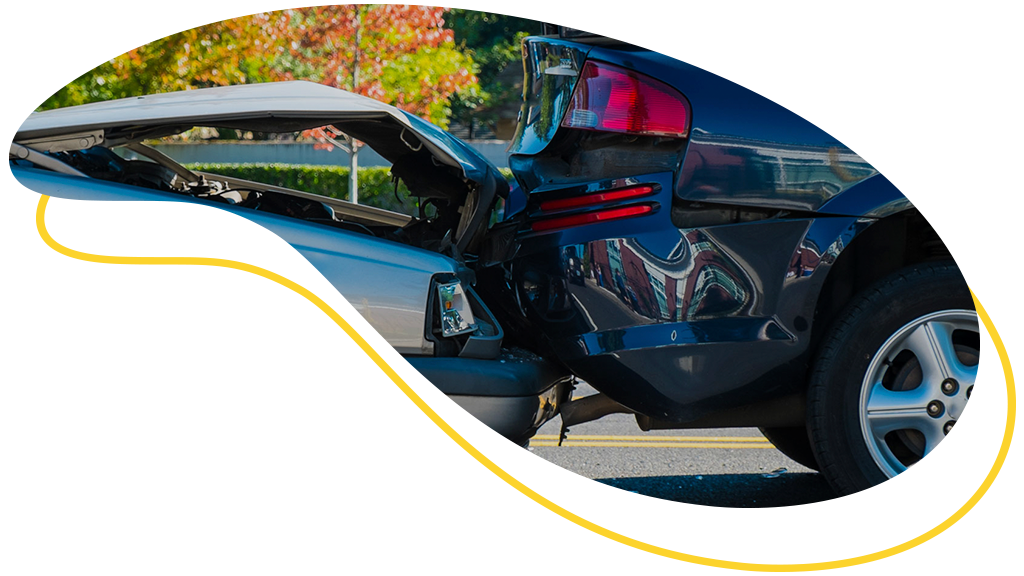Learn More
x





If you own a house, you know that apart from the joy you derive from knowing there is a little corner of the world that belongs to you and serves as your refuge at the end of the day, there are also seemingly endless matters you need to keep track of in order to properly maintain and safeguard your home.
From an insurance perspective, home insurance is one of the most important decisions you will make when it comes to planning for accidents and unforeseen circumstances that can result in costly issues. BRZ works with some of the best home insurance companies to provide you with comprehensive coverage at competitive prices so that you can focus on the more pleasant aspects of homeownership, whether you are just starting to browse prospective properties or you have been a homeowner for a long time.
In either case, your best bet is to always tailor your coverage to meet your lifestyle and to update it every time you make important decisions in order to avoid unpleasant surprises down the road. Read on for five factors you should keep in mind regarding home insurance coverages:
And verify that you have either replacement cost or actual cash value insurance, depending on your circumstances:
Replacement cost will include the labor and material cost for rebuilding your house from scratch in the devastating case of total loss. The benefit of using this method to confirm you have adequate coverage versus simply looking at your home’s cash value is that in the off chance you find yourself in the harrowing position of dealing with a major catastrophe, your policy limit will accurately reflect current prices and replacement costs so that you are not financially burdened in the aftermath by having to cover the difference.
As exciting as it is to make improvements or additions to your abode, before you press ahead double-check how they may affect your homeowners insurance premium. Whether you are adding square footage, renovating that sixties-era bathroom, or constructing an elaborate fire pit in your backyard, modifications to either the structure of your dwelling or the way you use your property can increase their value but also result in more potential risks for you and, therefore, a higher monthly premium and/or the need for additional coverage. In the examples mentioned, expanding or upgrading your home means your policy should be updated to ensure you will have adequate funds to replace it at its higher value, if ever needed. Adding a feature like a sophisticated fire pit, a pool, or even a trampoline comes with increased liability risks so you should confirm you have appropriate coverage and that your personal property and liability limits as well as medical payments to others will suffice to cover any mishaps.
If you have not done so already, when you request a homeowners insurance quote make sure to explain the specifics of your situation since different scenarios may require unique endorsements. For example, is your wife working from home full-time but also employs a personal assistant? Are you thinking of opening an in-home daycare? Some homeowners insurance policies provide protection for business equipment, to an extent, but you should ask your insurance agent regarding any specialized equipment and how you can purchase coverage for it. Moreover, if clients or business associates regularly come to your house, your liability risk automatically increases which means you should consider commercial insurance for your venture, just like any other entrepreneur.
Have you been toying with the idea of renting your space out via Airbnb to bring in some extra cash for that mortgage payment? A typical homeowners, or renter’s policy, comes with a “business activity exclusion” clause, which means any claims associated with conducting business will likely not be accepted. Costs stemming from issues like theft, property damage, or injuries will therefore come out of your pocket wiping out your profits or even putting you in debt. The short-term nature of renting via Airbnb also means your average landlord insurance will not cut it either and the insurance Airbnb offers comes with somewhat vague terms. That may mean that you need business insurance as well as a robust umbrella insurance policy, also known as excess liability insurance in order to avoid being personally liable if, for instance, something valuable gets stolen from a guest or if your guest injures someone at your house.
Knowledge, foresight, and keeping your insurance agent in the loop are your best defense against mistakes and misfortunes that can have long-lasting financial or legal repercussions. Let the BRZ team assist you in every step of the way as you navigate home insurance in Massachusetts and stay by your side as you and your property evolve with time.
We can provide the answers that the average online home insurance calculator will not!
Learn More

With winter just around the corner, we have compiled a list of preventative measures you can take now to ensure your house is prepared for the cold ahead.

About one in eight drivers do not have uninsured driver coverage and end up having to pay for all the damages of an accident with their own pocket. How to avoid having this cost in advance?

We are an insurance company made by people for people. A community that speaks tyour language, with people who care about your future! Here you can find all the protection and care that a home offers. Come and join us!
Get a Quote

Need help? Chat with BRZ!
x